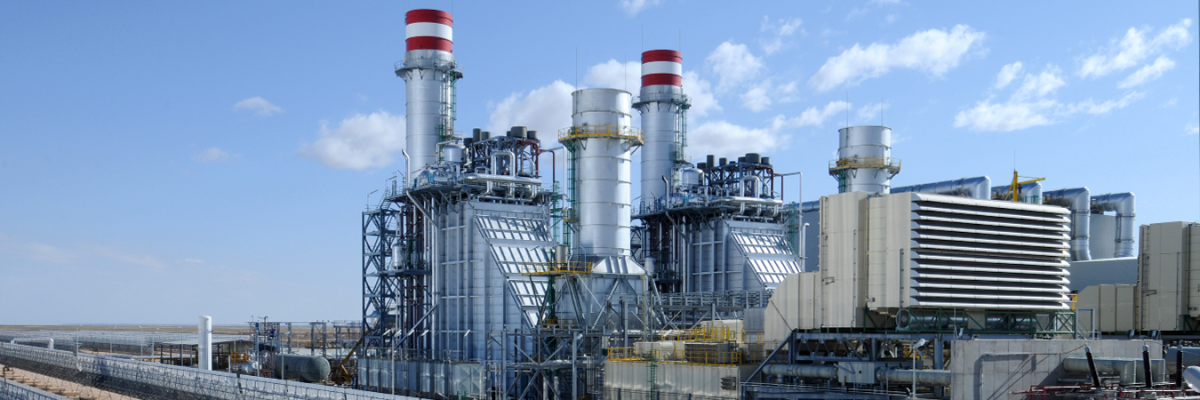Sustainable Energy and Climate Change

Ain Beni Mathar Integrated Combined Cycle Thermo-Solar Power Plant Dana Smillie World Bank
Energy-sector bottlenecks and power shortages cost Africa 2-4 per cent of GDP annually, and thereby undermining sustainable economic growth, job creation and investment. Energy deficits reinforce poverty, especially for women and people in rural areas (World Economic Forum). Chronic under-supply of secure and affordable electricity is a barrier to growth, food security, job creation and poverty reduction. It limits Africa’s prospects for industrialization and mechanization of productive sectors including agricultural value chains. Africa consumes only 3.1% of the world’s energy output. Subregionally, southern Africa consumes 45% of the continent’s energy and Northern Africa uses around 40%. According to the Africa Energy Outlook 2020, close to 770 million people, majority of them in sub-Saharan Africa, lack access to electricity, despite a recent decline in this figure resulting from increased grid connections and a rapid rise in the deployment of off-grid systems (IEA).
Publications
Understanding Africa’s Global Air Pollutant Emissions and Contributing Economic Sectors
With a rapidly heating planet reducing global greenhouse emissions (GHG) is at the forefront of many conversations related to emissions. When it comes to the African continent, the two dominant narratives are “the least contributor to GHG emissions” and the push to “maintain the continent’s low carbon trajectory and a carbon sink”. The purpose of this data deep dive into Africa’s atmospheric pollutant emissions profile is to add a data-backed nuance to these narratives. Based on the paper’s analysis, the data shows that Africa’s main problem with air pollution comes from local air pollutants, including household and ambient air pollution, instead of GHGs which have implications for global climate change. The data shows that while African countries have almost zero contribution to global greenhouse gas emissions, local air pollution was responsible for 1.1 million deaths across Africa. In the target year, household air pollution accounted for 697,000 deaths and ambient air pollution for 394,000 deaths in Africa. The data analyzed also indicates that Africa’s pollutant emission profile is mostly caused by Africa’s energy poverty and the lack of modern, reliable, and affordable energy services rather than the other way around.
Exploring the Role of Green Hydrogen in Africa’s Energy Mix
Some African countries are looking towards green hydrogen as a potential technology to reduce their reliance on fossil fuel imports and to meet their global climate-related commitments. Like many investment decisions, the question is whether it is worthwhile to dedicate part of Africa’s very limited resources to developing green hydrogen as a viable solution for Africa’s energy deficit. This technology primer on green hydrogen explores the maturity of the technology and looks at the costs, risks, and applications of the technology from an African perspective.
The paper highlights i) the need to create collaborative innovation platforms to strengthen research and the development of sustainable technologies that can be easily maintainable from Africa to continuously improve the competitiveness of the sector, ii) to build the hydrogen energy infrastructure to support H2 production and efficient storage, transport, and refueling facilities; iii) to communicate on the value of green hydrogen and promote its use in the productive sectors; and, iv) the need to establish or improve the legal frameworks for hydrogen to support the whole value chain.



